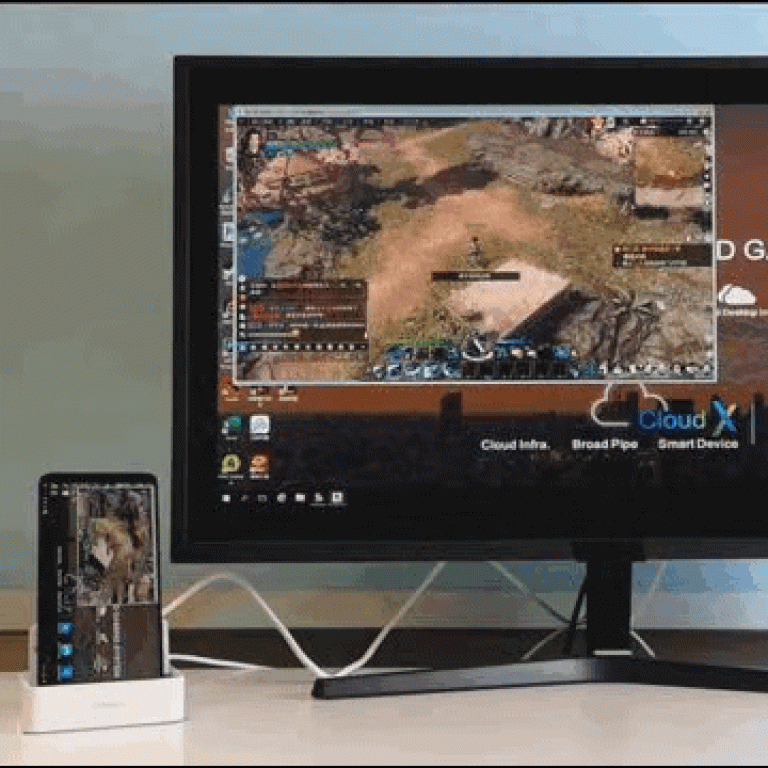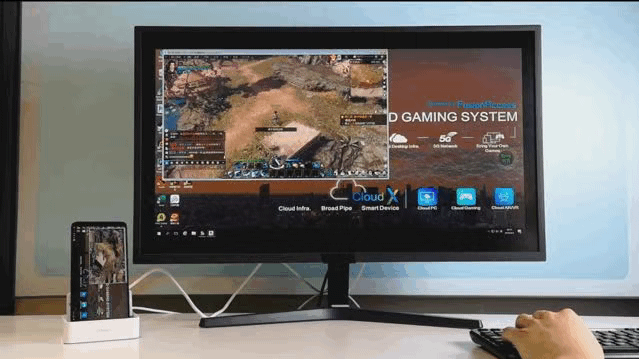
Huawei lets you stream NetEase’s flagship PC game on a phone
Huawei says 5G will help its game streaming service rival the likes of Google, Microsoft, Tencent and Intel

Huawei also said it has something special that sets it apart from the competition: 5G infrastructure.
While it may sound nice, there are plenty of skeptics in China who believe that Huawei is bluffing.
There’s reason for skepticism. Huawei Cloud PC has been available to consumers in mainland China and Hong Kong as a monthly subscription or a rent-by-hour service since its launch last summer, but it hasn't taken off in either market.
There's another problem with the Huawei-NetEase team-up: Massively multiplayer online role-playing games (or MMORPGs) aren’t exactly easy to play on mobile.
Even if players can get smooth gameplay streaming Justice Online from servers directly to their Huawei smartphones, the game doesn’t support gaming controllers as input devices. Judging from pictures released by Huawei, it looks like users will still need to use a dock to hook up their phones to a monitor, keyboard and mouse -- in sharp contrast to the Microsoft xCloud demo from E3, with games streamed on smartphones paired with Xbox One controllers.
However, the ability to stream Justice Online to a smartphone doesn’t seem to be generating much enthusiasm in China. Many believe the NetEase game simply isn’t as popular as Western blockbusters.
For more insights into China tech, sign up for our tech newsletters, subscribe to our Inside China Tech podcast, and download the comprehensive 2019 China Internet Report. Also roam China Tech City, an award-winning interactive digital map at our sister site Abacus.

